State of tech: Will China take over the world in 2019?
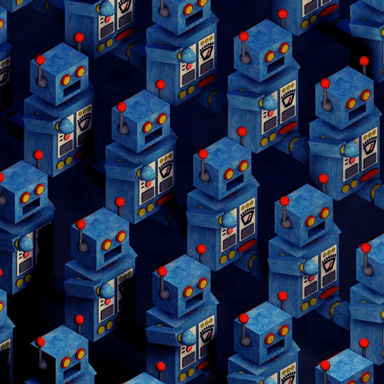
Data leaks, the spread of fake news and China’s growing tech influence await us in 2019! That’s what CBS Professor MSO Mikkel Flyverbom, Editor-in-Chief Lisbeth Knudsen and Denmark’s tech ambassador, Casper Klynge predict. Students, researchers and digital competences are part of the solution to the challenges because they can help us ask the right questions.
2018 was a year with a lot of tech-related news stories. Good and bad. But the bad ones seemed to outshine the good ones.
For example, we had the first ever fatal accident involving a self-driving car and a pedestrian in Arizona; Cambridge Analytica used – against Facebook’s guidelines – data of 50 million Facebook users to produce targeted ads; and China uses big data to keep its citizens under surveillance and to rank their social behavior.
So what’s in store for 2019? What challenges and opportunities will the tech giants and their technologies bring?
A panel consisting of Mikkel Flyverbom, Professor MSO of Communication and Digital Transformations from CBS, Lisbeth Knudsen, Editor-in-Chief of Mandag Morgen, and Casper Klynge, Denmark’s officially appointed Tech Ambassador discussed this when they met for the Business in Society Platform: Transformations’ panel debate on Thursday January 24 at CBS.
We need to get graduates from CBS who understand data and data-driven strategies. Graduates who can ask critical questions about what data is used for
Mikkel Flyverbom
As a starter, the panelists were asked to suggest the most important tech-related questions to discuss in the coming year.
“Instead of new innovations, we should discuss digital humanity covering responsible algorithms, digital education, and how to cope in a digital world. After all, how much longer will we be the ones calling the shots?” asked Lisbeth Knudsen as the first.
“The degree of arrogance from big tech firms has been astonishing. How do we make them take societal responsibility and engage in global affairs? Also, we need to discuss the role of China. Will technology support humans and democracy, or will it take over? That’s a global challenge, as some nations will be tempted to follow China’s lead,” reflects Casper Klynge.
Mikkel Flyverbom too is concerned about China, as they have tech companies that have access to massive amounts of data.
“Chinese companies and installations are everywhere, and we need to consider the significance of having control over and insight into the data they have. And then we need to come up with solid alternatives to the Chinese and US approaches,” he says and continues:
“Furthermore, we need to talk about digital competences. What knowledge do we need to work and reflect on the development of new technologies and their consequences?”
A new age
The three panelists agree that it’s time to steer the direction of the discussion away from the possibilities and challenges of new technological innovations, and instead towards how these innovations change us and the society we live in.
“We have been in the age of development. Now we’re in the age of implementation,” as Casper Klynge puts it.
One thing that we have started to discuss lately, according to the panelists, is data ethics: How our data is used and by who. But the discussion is limited, argues Mikkel Flyverbom.
“We talk about the responsibilities of tech firms and data ethics, but it’s a limited discussion in selected forums. We need a much broader discussion, which reflects all parts of society if we want to get some kind of control over what’s happening,” he says.
Luckily, some things are changing for the better, points out Mikkel Flyverbom.
“Facebook has started to accept that they have some responsibility in terms of content posted on the platform. Just a couple of years back, it would have been impossible to actually get in contact with Facebook and have them remove content. You can do that today,” he says.
The new technologies are used by all ages, especially by younger generations. However, it’s not them that Lisbeth Knudsen is concerned about when it comes to data ethics and digital behavior.
“Some argue that they are concerned about the younger generation’s use of technology. But I’m actually more worried about my own generation,” she says and continues:
“They are the ones who spread fake news, whereas young people are aware and concerned about this and how their data is used. Still, we need a more critical view on how these technologies change our lives.”
Consumers will ask demands from companies and walk away from the ones that do not live up to their standards
Casper Klynge
Just as younger generations want to know how their food and clothes are produced, companies will have to expect that consumers will demand certain standards from them when it comes to data, argues Casper Klynge:
“Consumers will ask demands from companies and walk away from the ones that do not live up to their standards. And this can become a way to uphold the pressure and get the companies to actually make a stand and take responsibility,” he says.
Researchers and students are the answer
The panel discussion focused on the challenges and opportunities to society at large. But what about educational institutions? How are emerging technologies and their firms affecting them?
“We’ve started to focus on digital competences and that our teachers have to teach in new ways. However, the question is often about implementing more technology in the classroom, and making lectures online and so on. And that’s problematic,” says Mikkel Flyverbom and continues:
“If you look at the primary and lower secondary schools and high schools, Apple is well on the way to certifying schools and providing teaching material – essentially taking over the core of the educational institutions. We forget that it’s not the technology we need, but other competences such as understanding the flow of information and how big tech firms operate and think.”
Besides being a Professor (mso)at CBS, Mikkel Flyverbom is Program Director of the new BSc in Business Administration and Digital Management. For him, students and researchers have a role to play in terms of finding solutions to technological challenges.

“As researchers, we have a responsibility to show what kind of dynamics arise within the digital environments, what infrastructures and ecosystems are created and how they work. And then we need to get graduates from CBS who understand data and data-driven strategies. Graduates who can ask critical questions about what data is used for,” he says.
Often the more technical universities are in the seat of honor when it comes to talking about tech, as they are the ones who help graduates master robotics and acquire an algorithmic understanding of new technologies. But other skills are needed too. Maybe more than ever, argues Mikkel Flyverbom.
”We need students with a broader business perspective and a focus on humanities. What kind of society are we creating with these new technologies? And CBS has a special force here, as the students have a transverse view of the world. We incorporate philosophy, sociology, politics and compliance, and all of these facets are crucial,” he says.




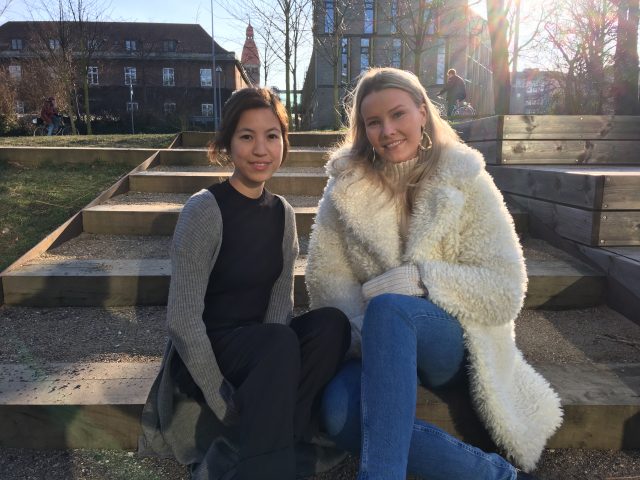
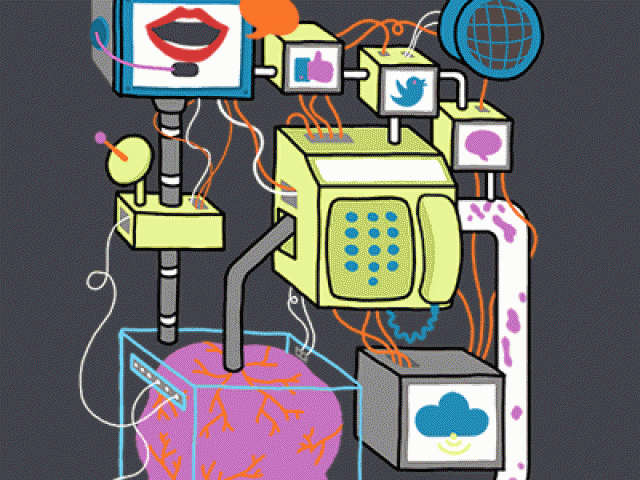
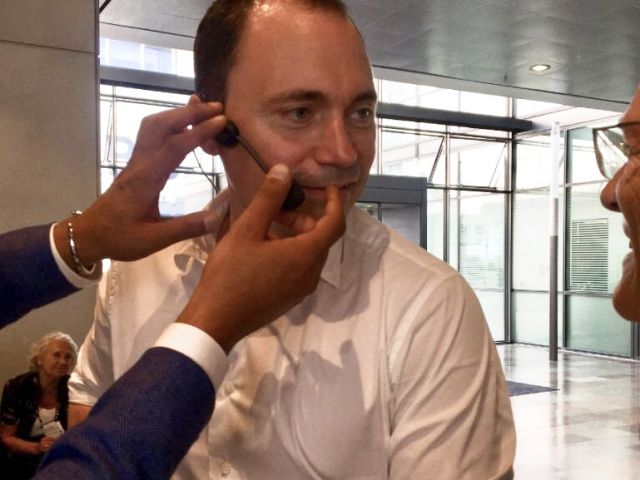

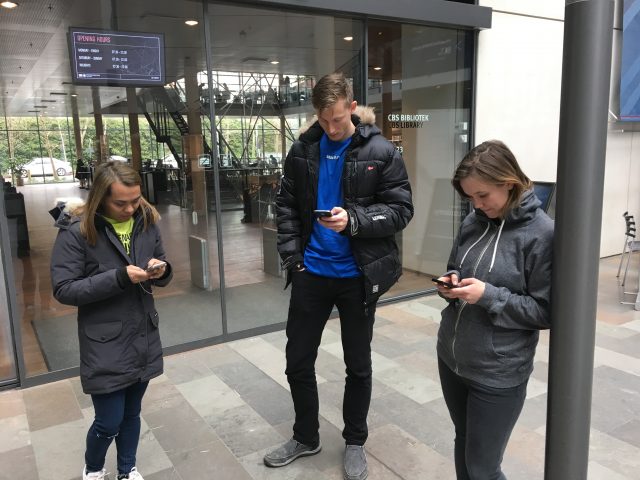






























































































































Comments